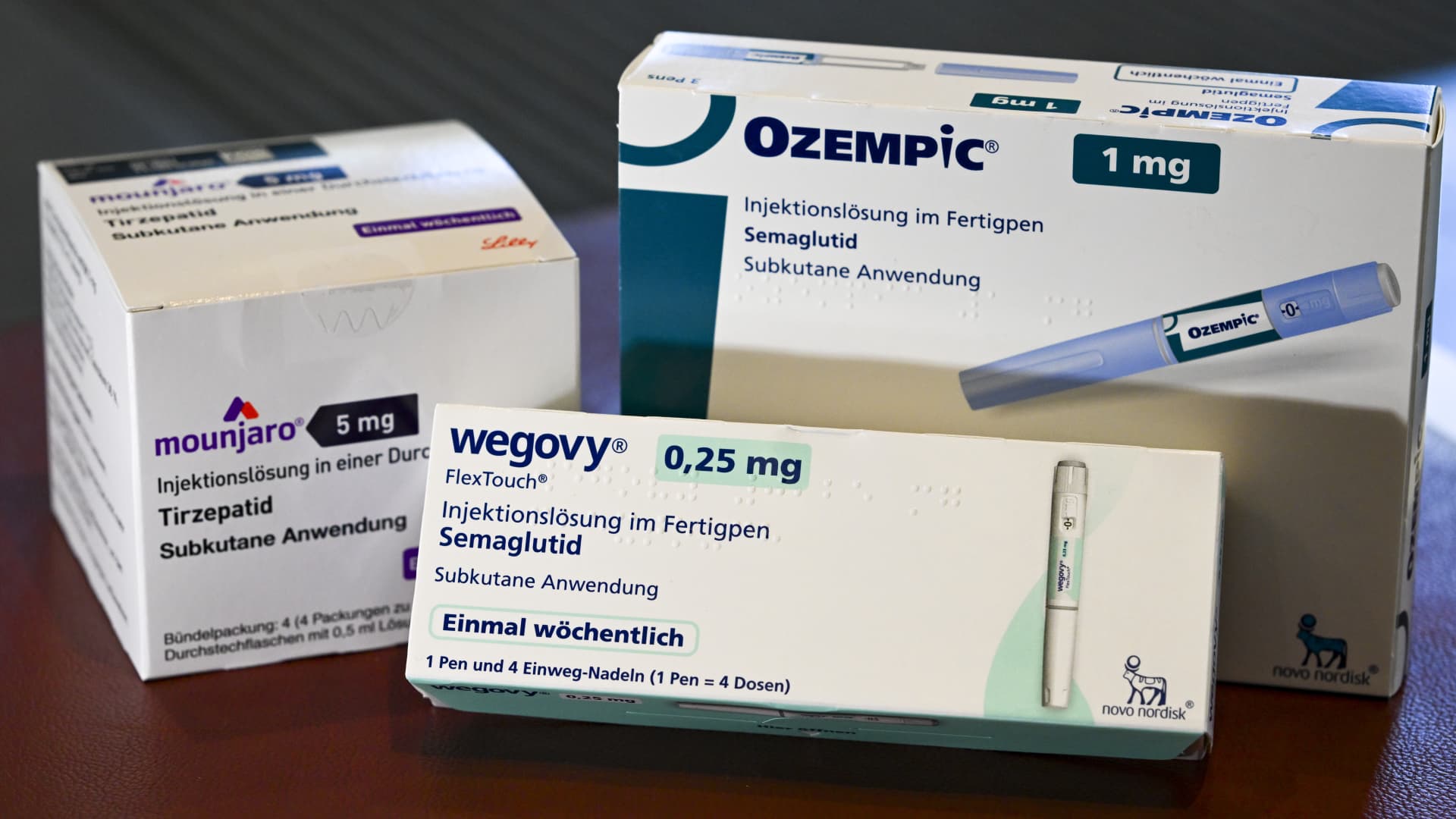The Dropout Dilemma: When Weight Loss and Diabetes Meds Lose Their Magic

The Evolving Landscape of GLP-1 Medications: Patient Adherence and Market Shifts
A groundbreaking new study is shedding light on the complex factors that influence patient continuation of GLP-1 weight loss and diabetes medications. Researchers are delving into the critical elements that determine whether individuals maintain their treatment, including cost considerations, potential side effects, and personal health experiences.
Simultaneously, the health technology sector is responding to the growing demand for GLP-1 products. Noom, a prominent digital health platform, has strategically restructured its workforce, reducing staff to sharpen its focus on developing and supporting GLP-1-related solutions. This move signals the increasing importance of these medications in the weight management and metabolic health landscape.
The study aims to provide valuable insights for healthcare providers and patients, helping to understand the barriers and motivations behind medication adherence. As GLP-1 treatments continue to gain popularity, understanding patient experiences becomes crucial for improving long-term health outcomes and treatment success.
